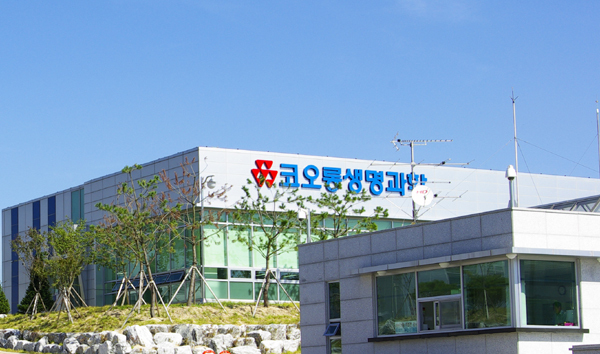Bio
Kolon shares fluctuate on Invossa suspension
The share price of beleaguered Kolon Group’s bio affiliates fluctuated after it announced its decision to suspend sales of Kolon Life Science’s new osteoarthritis drug Invossa on April 1 following a mislabeling mishap.
Immediately after the announcement, Kolon Life Science’s stock price tumbled 29.92 percent to 52,700 won ($46.30). The share price of the company’s US unit Kolon TissueGene, which first noticed that the component in Invossa was labeled incorrectly, also plunged 29.9 percent to 24,150 won that day.
 |
From April 3 to April 8, the stock price of Invossa-related firms rebounded slightly before falling again on April 9. Their price edged back up on April 10, with Kolon Life Science and Kolon TissueGene’s stock price closing 2.5 percent and 0.29 percent higher, respectively.
The group spent more than 19 years to develop Invossa, an intra-articular injection that is a nonsurgical treatment option to treating knee osteoarthritis. The recent problem occurred after it was discovered that a component labeled as “a gene containing chondrocyte” since 2004 actually includes a kidney cell and should have been labeled accordingly.
Despite the company’s explanation that it is still confident about Invossa’s effectiveness and safety, industry insiders believe the equity price fluctuation will last for the time being amid the ongoing controversy. Further review results won’t be available until April 15.
Adding to the furor, local media reported last week that the component with kidney cell could cause tumors, and that the component is classified as “tumorigenic” by the American Type Culture Collection, a nonprofit US-based organization collecting information on cell lines for research and development.
The media and industry watchers are also accusing Kolon of intentionally hiding the problematic findings for about a month. The firm, however, argues that it decided voluntarily to suspend sales of the drug.
By Song Seung-hyun (ssh@heraldcorp.com)




![[KH Explains] How LG Energy Solution’s bold bet paid off with Tesla, Mercedes deals](http://res.heraldm.com/phpwas/restmb_idxmake.php?idx=151&simg=/content/image/2024/10/29/20241029050614_0.jpg)



